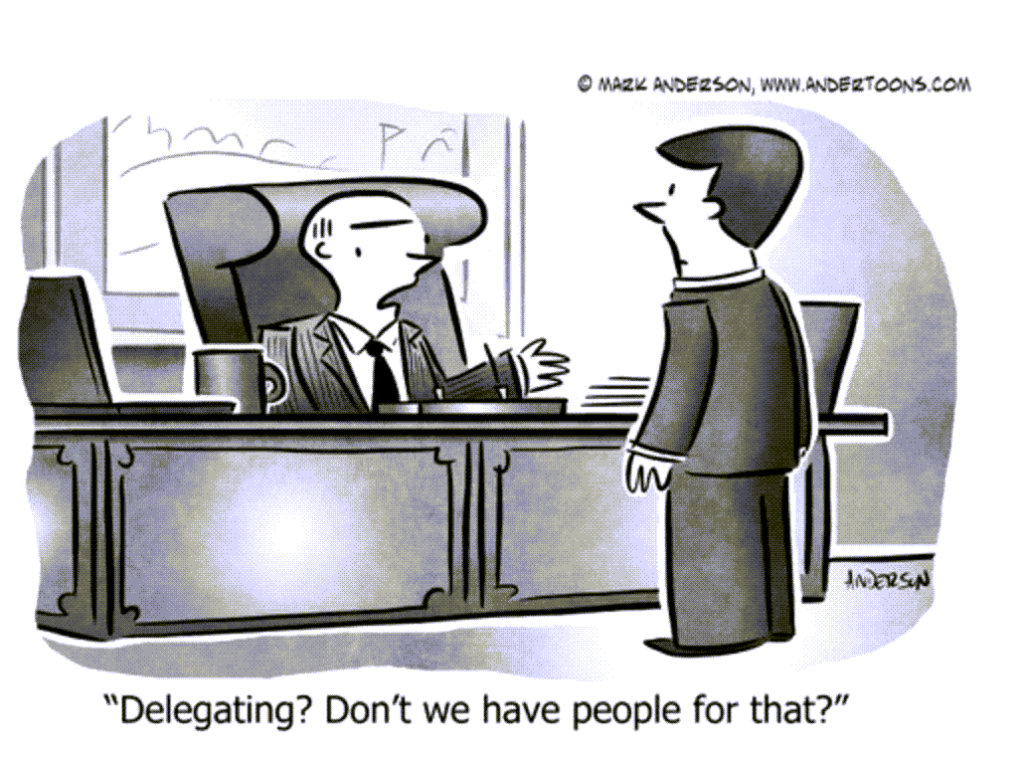 As the calendar turns over to the new year 2024, most CEOs and boards of directors are thinking about a number of ways to improve their business.
As the calendar turns over to the new year 2024, most CEOs and boards of directors are thinking about a number of ways to improve their business.
The topics typically range from growing revenue, improving productivity, improving employee morale, or increasing bottom-line profitability, along with a host of other initiatives focused on improving enterprise value.
In many cases, the focus is on planning for growth. However, the topic of planning for a potential crisis is often overlooked.
YOU NEED A PLAN …
Establishing a plan to deal with a crisis, before it happens, is a critical part of management’s responsibility, just as much as it is their responsibility to plan for improvement.
A recent PricewaterhouseCoopers (PwC) global crisis survey reinforces this concept, as they found that 69% of the survey participants have experienced at least one crisis situation in the past five years. In addition, the Federal Emergency Management Agency (FEMA) estimated that 75% of businesses do not have a disaster plan in place. Furthermore, FEMA estimates that between 40-60 percent of small businesses close permanently after a disaster.
In addition, the Federal Emergency Management Agency (FEMA) estimated that 75% of businesses do not have a disaster plan in place. Furthermore, FEMA estimates that between 40-60 percent of small businesses close permanently after a disaster.
The consequence of not developing a plan to deal with a potential crisis, before it happens, could ultimately result in a significant decline in enterprise value and possibly lead to a company’s demise.
ONLY A MATTER OF TIME …
 Companies should understand that they need to be prepared for a crisis, as it’s only a matter of time before one will likely occur. How they prepare for a crisis has a huge impact on the outcome and the financial impact on the company.
Companies should understand that they need to be prepared for a crisis, as it’s only a matter of time before one will likely occur. How they prepare for a crisis has a huge impact on the outcome and the financial impact on the company.
However, preparing for a crisis is easier said than done, as there are many types of potential crisis ranging from major disasters such as natural disasters, or those that are incurred in the normal course of business.
The PwC survey found that a range of crises come in all shapes and sizes. The most frequent crises that have occurred include operational breakdowns, competitive disruptions, supply chain issues, cybercrime or ethical misconduct.
RAPID DECISIONS NECESSARY …
While it’s difficult to anticipate and plan for every possible crisis scenario, it’s important to develop a framework for making rapid decisions based on the crisis at hand.
 In addition, it’s important to identify the most likely one or two crisis scenarios that a company could potentially experience that would significantly impact their business.
In addition, it’s important to identify the most likely one or two crisis scenarios that a company could potentially experience that would significantly impact their business.
For example, for any company involved in e-commerce, a cyberattack could have an immediate impact on the company’s ability to generate revenue and if it disrupts operations for an extended period of time, the impact could be fatal.
Supply chain disruptions could also have a significant impact on most companies that are dependent on receiving raw materials and/or shipping finished products to their customers. Identifying the most likely crisis scenario and developing a plan to minimize disruption can go a long way to mitigate the long-term impact.
A CRITICAL ELEMENT IS …
One of the most critical elements of a proactive plan is to determine who is in charge when things go wrong. There needs to be a clear line of authority regarding who is making the decisions and at what level will the decisions be made.
 Senior executives are most likely involved in every stage of the crisis response, however, there needs to be a clear definition of who is responsible for executing those decisions and their level of authority to make changes to the crisis plan along the way.
Senior executives are most likely involved in every stage of the crisis response, however, there needs to be a clear definition of who is responsible for executing those decisions and their level of authority to make changes to the crisis plan along the way.
Management should also identify outside resources such as attorneys, accountants, insurance experts and advisors with operational experience in crisis management who could rapidly deploy to assist the company should such a crisis arise.
Attorneys can be extremely valuable to help proactively navigate the legal, financial and insurance issues that a company could incur during a crisis.
LEGAL HELP NEEDED …
It’s important to have a law firm involved that has expertise in multiple disciplines, to ensure the company has the advice from legal specialists that understand risks in their respective areas of law.
 In addition, it may be important to identify resources that could rapidly bring in additional manpower to help mitigate a disaster or other types of crises depending on what is needed to alleviate the impact on the company.
In addition, it may be important to identify resources that could rapidly bring in additional manpower to help mitigate a disaster or other types of crises depending on what is needed to alleviate the impact on the company.
Furthermore, management should review the company’s insurance coverage to make sure they have adequate coverage for property damage, liability, cyberattacks, business interruption and loss of profit.
Having insurance in place to finance the operational recovery is critical in mitigating the negative impact.
IDENTIFY EMERGING THREATS …
While most companies don’t spend much time thinking about a potential crisis, it’s important to understand that a good offense is the best defense in mitigating the impact of a disaster.  Many of today’s most damaging crises originate inside a company, and a core function of management and the board of directors is working with the management team to identify the most urgent emerging threats, think through potential risks and weaknesses in a company strategy, and put preventative, proactive measures in place before any lurking risks escalate into a full-blown crisis.
Many of today’s most damaging crises originate inside a company, and a core function of management and the board of directors is working with the management team to identify the most urgent emerging threats, think through potential risks and weaknesses in a company strategy, and put preventative, proactive measures in place before any lurking risks escalate into a full-blown crisis.
Revitalization Partners specializes in improving the operational and financial results of companies and providing hands-on expertise in virtually every circumstance, with a focus on small and mid-market organizations. Whether your requirement is Interim Management, a Business Assessment, Revitalization and Reengineering, a State Receivership or Bankruptcy Support, we focus on giving you the best resolution in the fastest time with the highest possible return.



